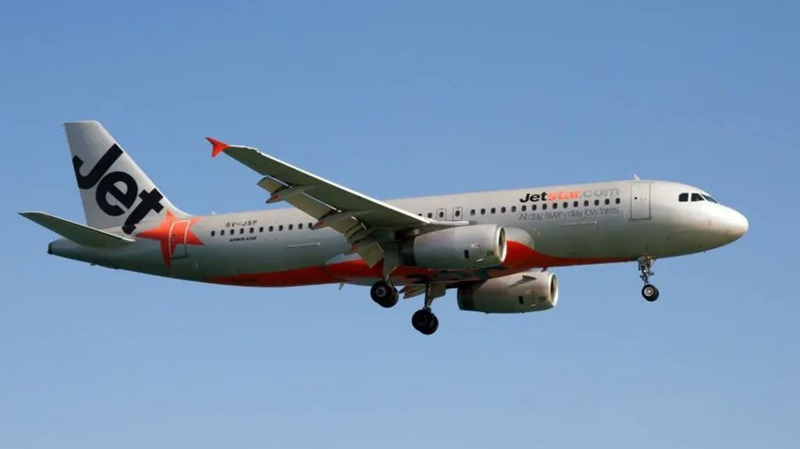
Singapore the leading low-cost carrier, Jetstar Asia, has declared that it will close down permanently, ending the two-decade era of low-cost services in the region. The Jetstar Asia shutdown is a massive blow to the budget travellers in Southeast Asia, with Jetstar winding up operations entirely by the end of July 2025.
Jetstar Asia Closure: Financial Pressures Behind Jetstar Closing Decision
Read Also: Singapore, Philippines Forge Stronger Healthcare Ties Amid Broader ASEAN Cooperation
The reasoning that led to Jetstar Asia shutting down is due to the increasing financial burdens, which rendered operations unsustainable. The Jetstar Asia shutdown comes after unprecedented problems with cost increases with suppliers by up to 200 percent, making the Jetstar business model essentially change. These, together with higher airport charges and increased competition in the region, have driven the Jetstar shutdown to be estimated at a loss of about A$35 million this financial year.
Vanessa Hudson, Qantas Group Chief Executive, underscored that the extent of cost escalation has “fundamentally altered” the operating base of the airline, and as such, the closure of Jetstar Asia is a given despite the attempts to keep Jetstar Asia 3K services affordable to the market.
Jetstar Asia Closure Impact on Regional Aviation Network
The Jetstar Asia closure will affect 16 existing routes that ply Singapore to major destinations in Malaysia, Indonesia, and the Philippines. The disappearance of this Jetstar will limit the budget flight offers and possibly cause higher airfares on the more popular routes in Southeast Asia, which would impact tourism and business travel trends across the region.
The Jetstar Asia shutdown especially affects regular flyers who used Jetstar to get low-cost links among the key cities in Asia. According to industry analysts, this vacuum left by the Jetstar Asia closure could encourage the remaining competitors, such as AirAsia and Scoot, to increase their route networks in order to attract stranded Jetstar Asia 3K customers.
Jetstar Asia Closure: Employee Impact from Jetstar Closing
Over 500 loyal workers are set to lose their jobs in the process of Jetstar Asia shutting down. The closure of Jetstar Asia has seen the airline offer an extensive redundancy package and career transition assistance to all the affected Jetstar employees. Addressing the issue of Jetstar closing and its effect on employment, Stephanie Tully, Jetstar Group Chief Executive, has commended the team on the high standards of service.
The Jetstar Asia closure acknowledges the severity on the families and communities that rely on these Jetstar closing jobs, especially in the aviation industry in Singapore, where the skilled Jetstar Asia 3K workers might be left with very few options immediately after the Jetstar Asia closing.
Jetstar Asia Closure: Customer Refunds After Jetstar Closing
Customers with tickets to travel after July 31 will receive refunds in full by the Jetstar Asia shutdown, whereby Jetstar will have a system to notify the passengers of Jetstar closing bookings. The Jetstar Asia closing timeline is such that it enables services to wind down gradually over a period of seven weeks, so that customers can make alternative arrangements following the Jetstar closing news.
Customers who made the Jet Star flight reservation via travel agents or partner airlines should get in touch with their service providers to process the refunds in regards to Jetstar Asia shutdown. There is the possibility of accommodating some customers on other Qantas Group flights, but space is very limited considering the magnitude of the Jetstar Asia closing on Jetstar Asia 3K services.




















